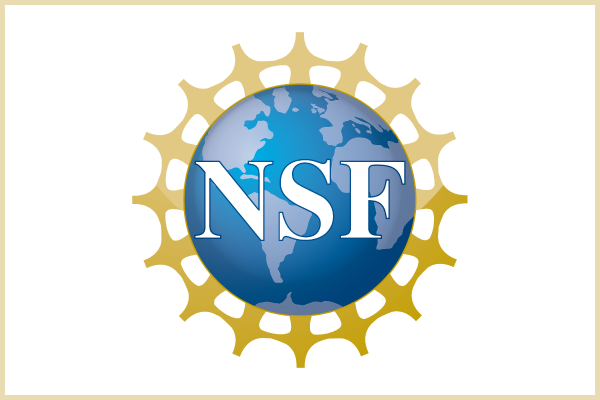Psychological Scientists Recognized with NSF Early-Career Awards
CAREER awardees span spectrum of disciplines, methodological approaches

The National Science Foundation (NSF), one of the premier science funding agencies in the US, has recognized a group of psychological scientists with early-career awards.
These psychological scientists were named to the Faculty Early Career Development (CAREER) program, which provides support for scientists who are in the beginning stages of their faculty career to further their research programs while continuing their work in teaching, learning, and dissemination of knowledge.
APS Fellow and Spence Award Winner Luke J. Chang (Dartmouth College) and psychological scientists Mariam Aly (Columbia University), Daniel Conroy-Beam (University of California Santa Barbara), Morteza Dehghani (University of Southern California), Moira Dillon (New York University), Teomara Rutherford (North Carolina State University), Jennifer Silvers (University of California, Los Angeles), and Miko Wilford (University of Massachusetts Lowell) are among the recipients of this year’s award.
The recipients have proposed research that spans the entire spectrum of psychological science. Chang’s award proposal, for example, focuses on the neural and computational basis of guilt in decision-making.
“This grant will help us develop computational models of the psychological and neural processes that give rise to emotions such as guilt that occur in the context of social interactions,” says Chang.
“In addition, this grant will partially help fund an intensive Methods in Neuroscience at Dartmouth (MIND) summer school for graduate students, postdocs, and junior faculty to learn cutting edge data analytic techniques in an interactive hackathon environment,” he explains.
Among the other recipients, Dehghani plans to build computational methods to predict hate crimes, while Silvers will examine the effects of institutional orphanage care on brain inflammation and development.
Conroy-Beam plans to use the award to develop computer simulations to help understand how individuals choose romantic partners.
“Essentially, we will try to predict real peoples’ mate choices using simulated mating markets,” he explains. “In preliminary data, we have found that this approach produces pretty accurate predictions and can identify happy, committed relationships.”
“We’re going to continue validating the method and use it to develop even more predictive models. We’ll also use this work as an opportunity to teach students how to develop computational models for psychological research,” he notes.
The CAREER award offers generous support of a minimum of $400,000 for its 5-year duration. Applicants must outline a program of research that will build a foundation for a lifetime of research and education contributions, and must show that their application is supported by their academic department. CAREER winners are eligible to be nominated by NSF for the Presidential Career Award for Scientists and Engineers, which is the highest honor bestowed by the US government to early-career scientists.
To learn more about the NSF Faculty Early Career Development (CAREER) Program, click here.





APS regularly opens certain online articles for discussion on our website. Effective February 2021, you must be a logged-in APS member to post comments. By posting a comment, you agree to our Community Guidelines and the display of your profile information, including your name and affiliation. Any opinions, findings, conclusions, or recommendations present in article comments are those of the writers and do not necessarily reflect the views of APS or the article’s author. For more information, please see our Community Guidelines.
Please login with your APS account to comment.